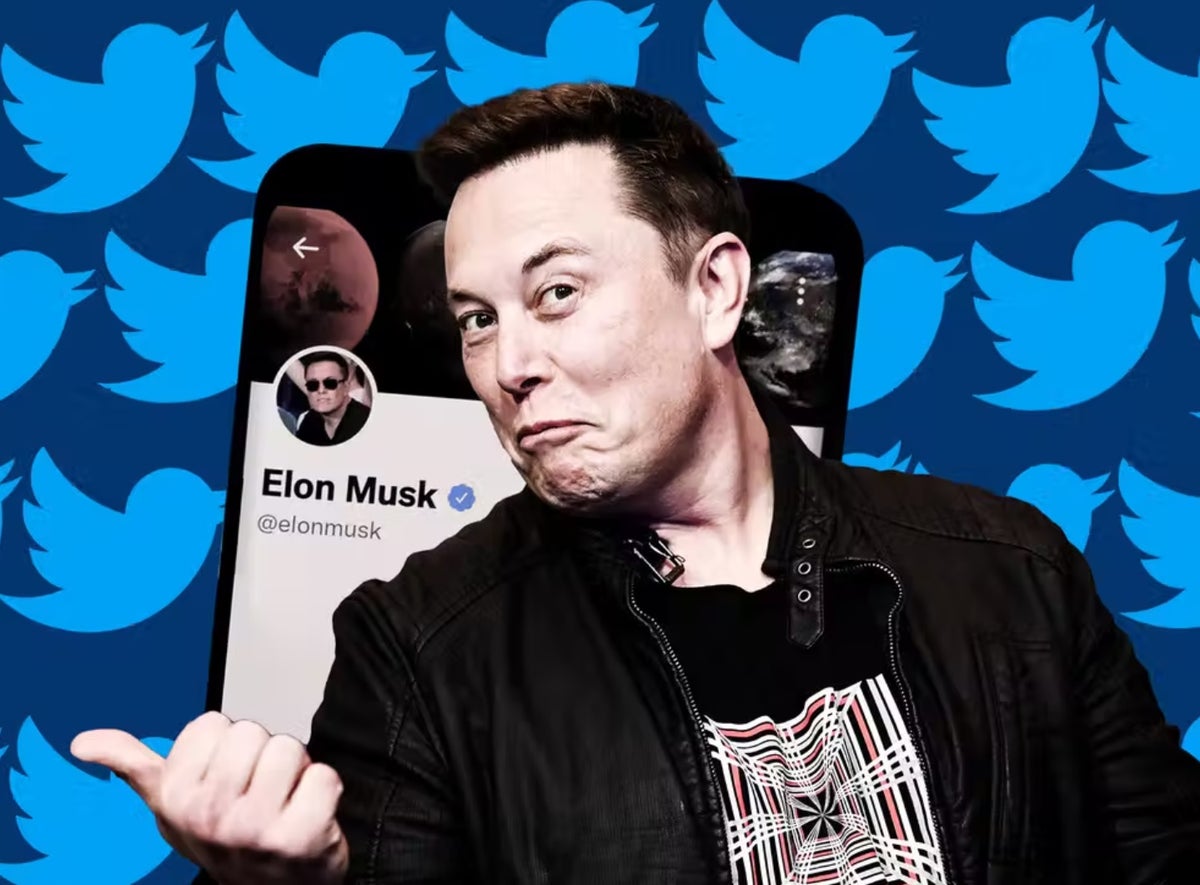Cracking down on so-called “spambots” is one of Elon Musk’s main concerns for Twitter after his $44 billion purchase of the social media business. One issue with that strategy: it would slash his own following in half, according to Time magazine, using the Twitter auditing tool SparkToro. Musk recently posted that spambots are the “single most frustrating thing” on Twitter. In a statement announcing his partnership with Twitter on Monday, he reaffirmed his dedication to filtering out fraudulent accounts.
“I also want to make Twitter better than it has ever been by adding new features, opening up the algorithms to boost trust, beating spam bots, and authenticating all people,” he stated. “Twitter has enormous potential, and I’m excited to work with the business and the Twitter community to realize it.”
Spambots on Twitter, according to a Time story, are automated accounts that imitate the activities of actual individuals on the site but are designed to engage in a negative activity such as distributing disinformation and advertising money-making schemes. Musk has especially targeted bots that promote crypto-based frauds on Twitter, claiming that “they make the product considerably worse” in a live TED chat on April 14.
“We’d have 100 billion Dogecoin if I had a Dogecoin for every crypto fraud I observed,” he claimed. While Twitter has regulations in place to fight spam bots, the platform’s security is a constant source of concern. According to the story, Musk has promised to remedy the issue by verifying “all genuine persons” on the site but hasn’t specified how he expects to do so.
Meanwhile, phony accounts have dramatically increased Musk’s following count. According to SparkToro, around 48 percent of Musk’s current 87.9 million followers are fake—that is, accounts that are “unreachable and will not see the account’s tweets (either because they’re spam, bots, propaganda, etc. or because they’re no longer active on Twitter).” “Musk has approximately 7% more phony followers than the median 41% of accounts with comparable following sizes, according to SparkToro.”
Last month, Musk stated that crypto-based spambots “make the product considerably worse” in a TED talk. Musk has said that he would tackle the issue by requiring “all actual persons” on the platform to authenticate themselves. Not only Musk, but former US President Barack Obama and Microsoft founder and philanthropist Bill Gates also have phony follower numbers of 46% and 44%, respectively, for their respective followings of 58.4 million and 131.7 million. — by IANS
Source: NDTV

